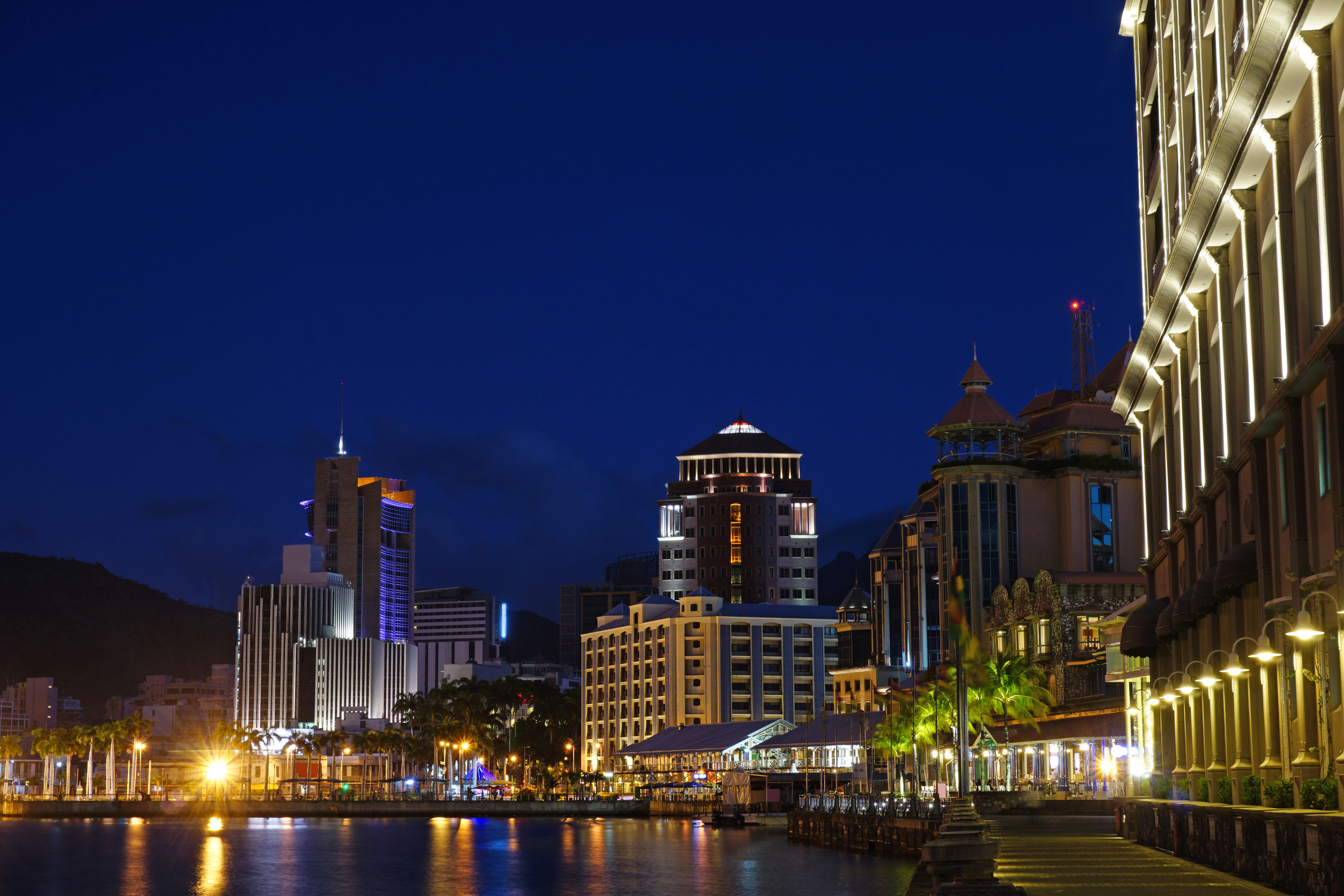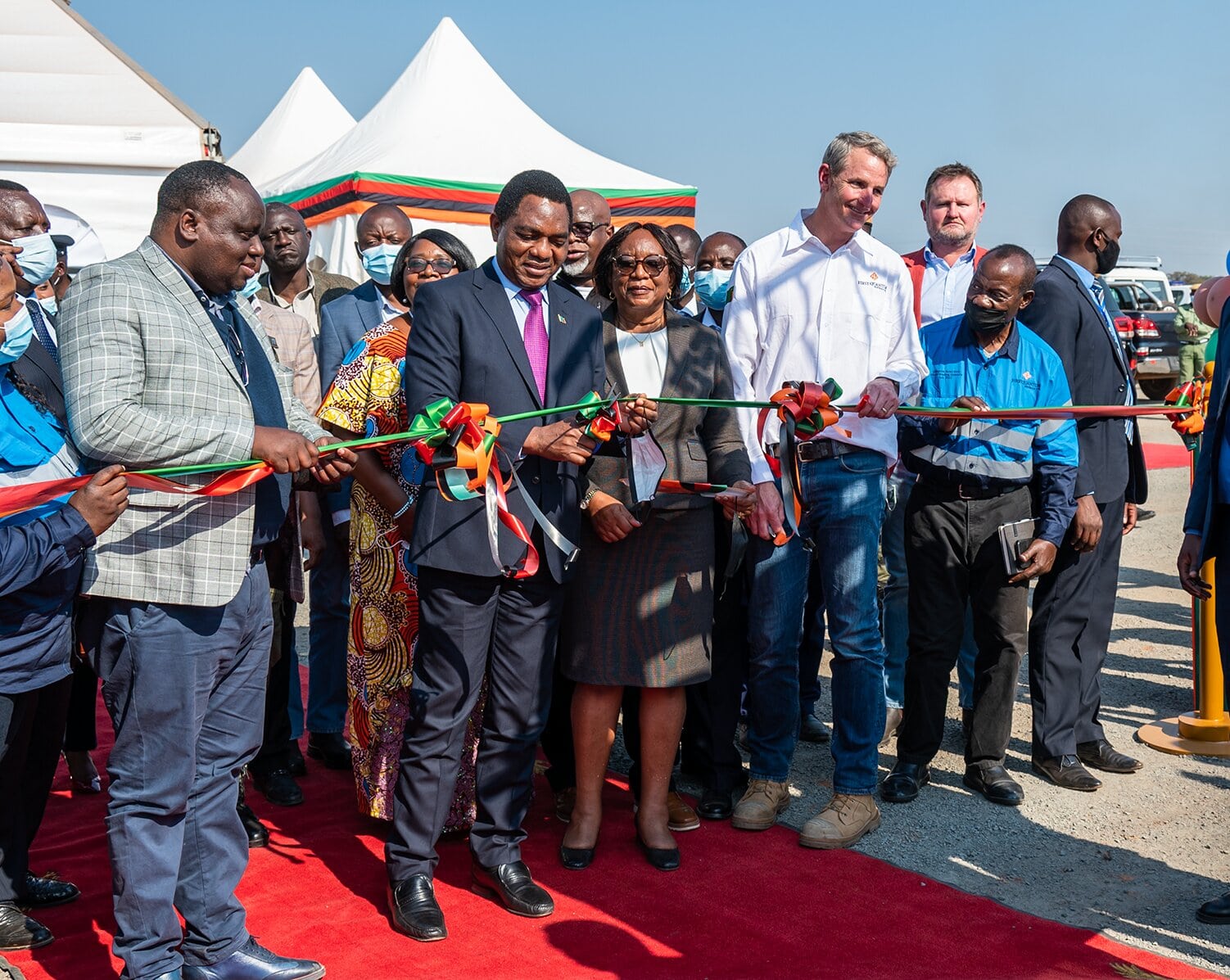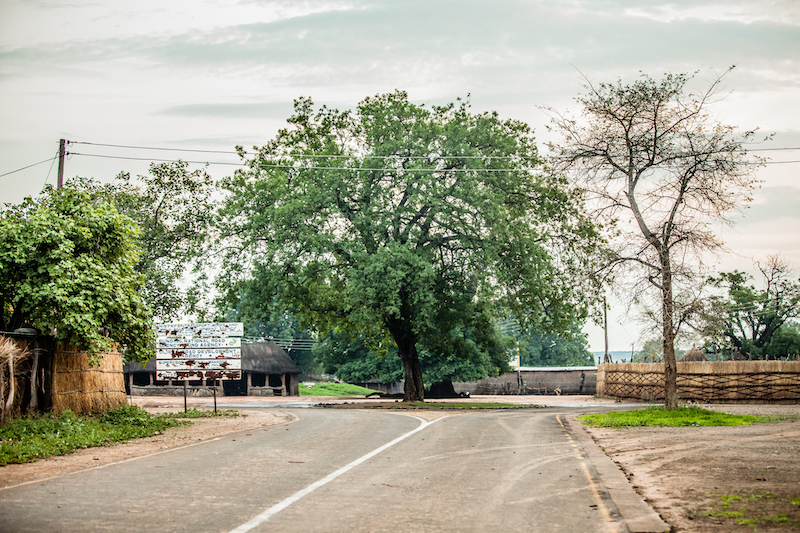Home is where your money is
Countries around the world have various means by which a foreign nation can acquire citizenship. Whether through long term domicile, marriage or under international refugee law, these ways have a long history in international law. A more recent means of acquiring citizenship is through citizenship by investment programmes (CIPs). CIPs began in 1984 when introduced by Caribbean island nation, St Kitts and Nevis. The newly independent nation sought to attract foreign direct investment by exchanging citizenship for a contribution to the national coffers. CIPs are a divisive topic with its critics expressing concerns about internal and diplomatic risks posed by the programmes. While its supporters defend CIPs as a legitimate means of raising capital for national development.
Specifications differ but most CIPs place a minimum figure to be part of the programme. While St Kitts and Nevis require a minimum investment of $150,000, prices range from $4,000 a year in Thailand to €500,000 in Bulgaria and up to $1 million in the United States (though the latter applies to residency).
Another characteristic is the mode or area of investment may be restricted. Some countries like Spain require a €500,000 investment in real estate, while Latvia requires a €65,000 investment in equities. While Dominica allows you to make a $100,000 contribution directly to the government. The government often makes available a list of approved projects or industries, with real estate and hotel development by far the most popular.
Many governments have been criticised for their reluctance to vet individual CIP applicants. With the lure of liquidity as strong as the fear of scaring off future investors, the controls for who can invest can be lax. This is not the case for all countries with CIPs. Yet there are enough countries, with whose citizenship investors enjoy less restrictive travel and trade policies, to make this a matter of concern.
This concern was exemplified in 2014 when the United States Department of Treasury’s Financial Crimes Enforcement Network issued an advisory to the effect that the Kittitian and Nevisian CIP was being abused. Individuals, many of Iranian descent, were using their acquired nationality to engage in illicit financial activity.

This debacle led to over 15,000 passports being recalled by the St Kitts and Nevis government. Canada was among the countries that moved to revoke St Kitts and Nevis’ visa-free travel status. This resulted in great embarrassment to the government and dented the country’s reputation.
Global and regional security is not the only concern raised by critics of CIPs. Many indigenous citizens have spoken out on being priced out of their communities by an influx of rich foreign investors. With the market prices responding to the artificial increase in average net worth it is reflected in local property prices. Furthermore, many locals remain concerned that the investors’ failure to embrace local languages and cultures often leads to tension.
When Cyprus initiated its CIP five years ago there were similar concerns, especially among many in Europe when they noted the number of Russian oligarchs taking advantage of this scheme. For an investment of $2 million they were able to acquire citizenship and thus side step any potential fallout from a breakdown in relations between their birth country and any desired destination. Cyprus saw over 2,000 passports issued under this programme.
Yet, while the treasury was welcoming of the funds, not all were happy. A large section of the society spoke of their displeasure at the Russianisation of their communities. The harbours of Limassol, along the Cypriot coastline, are lined with an increasing number of yachts bearing the Russian flag as the new citizens make their presence, and wealth, known. A number of establishments opened specifically for people of Russian heritage, with many not even making an attempt to offer translation into Greek.
However, despite the drawback, CIPs have many supporters. For all the concerns it cannot be denied that CIPs have the potential to generate plenty of money. Cyprus, for example, has raised over $4 billion from its CIP. Economic stability offered in some countries with CIPs is another major boon. The attractions of an investment in a country unfamiliar with internal or global turmoil are great especially to investors from unstable nations.
Micha Emmet, CEO of CS Global Partner, a leading firm which offers consultancy to people seeking to gain citizenship through investment, points to security concerns as a leading reason for seeking a second passport. “In an increasingly unstable world of political and economic turmoil, people are looking for alternate citizenship as a backup plan, in case the situation changes in their home country. The results are consistent with the conversations we typically have with clients and stakeholders across the globe. People want to know that their families, and all that they have worked hard to achieve, will be safe and secure not just today, but well into the
future.”
This year the government of Mauritius announced that they would be launching a CIP, requiring a minimum contribution of $500,000 for a Mauritian passport. Upon implementation of the programme this would make Mauritius the first African country to launch a CIP and open the continent to a multibillion-dollar global market. Currently, wealthy Africans are eligible to apply for second citizenship in any country with a CIP that they qualify for. Smit cites Malta, Cyprus, Portugal and Moldova as the destinations generating the most interest from within the continent. Dominica too is enjoying increasing popularity. All this goes to show the appetite on the continent among its wealthy citizens. Should Mauritius’ CIP prove popular it may not be long till we see more African countries follow suit.















